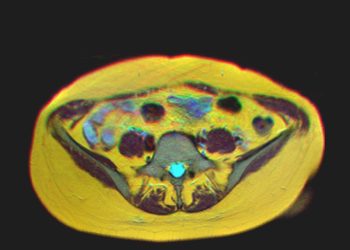Symptoms of Encephalitis
The symptoms of encephalitis vary widely depending on the cause, severity, and area of the brain affected. In mild cases, encephalitis may resemble a cold or flu, while in more severe cases, symptoms can progress quickly and become life-threatening. Recognising these warning signs early is essential for seeking urgent medical care.
Early Symptoms
Initial signs often resemble a viral illness and may include:
Fever
Headache
Fatigue or weakness
Nausea and vomiting
Stiff neck
Sensitivity to light (photophobia)
These may go unnoticed or be mistaken for a common infection. However, symptoms often progress over hours or days.
Neurological Symptoms
As the infection worsens, brain function becomes affected, leading to:
Confusion or disorientation
Difficulty speaking or understanding speech
Behavioural changes or irritability
Memory loss or inability to concentrate
Seizures
Hallucinations
Drowsiness or loss of consciousness
Children may show symptoms differently. They may become extremely irritable, cry persistently, refuse food or milk, or have seizures. In infants, a bulging fontanelle (soft spot) may signal increased pressure in the brain.
Severe and Emergency Symptoms
Difficulty waking
Coma
Sudden paralysis or weakness on one side of the body
Severe seizures that don’t stop
Breathing difficulty | Symptoms of Encephalitis
In South Africa, where HIV and TB are prevalent, these symptoms may overlap with other infections, making diagnosis harder. However, the rapid onset of altered mental state or seizures should always prompt emergency medical care.
Symptoms of encephalitis are serious and may progress quickly. Early hospital admission, brain imaging, and lab testing are key to identifying the cause and starting treatment.
[Next: Diagnosis of Encephalitis→]


